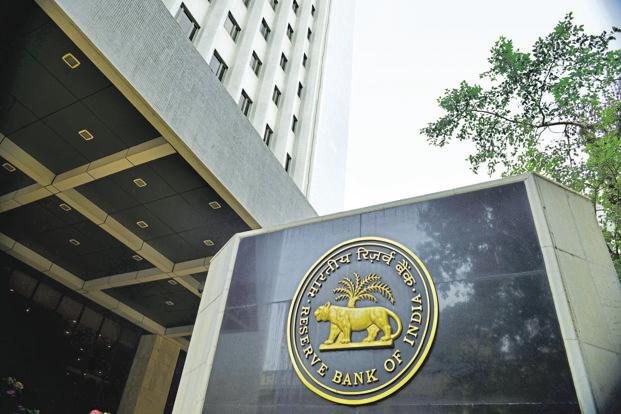News
Reserve Bank of India to launch digital rupee pilot in November
The Reserve Bank of India is on track to debut the central bank digital currency after announcing the digital rupee project in February this year.
-

 Business1 week ago
Business1 week agoNvidia posts mixed Q1, predicts $8B hit with US chip curbs
-

 Business1 week ago
Business1 week agoBlackRock eyes 10% stake in Circle’s IPO
-

 Business1 week ago
Business1 week agoReserve Bank of India to roll out new use cases for digital rupee
-

 Business1 week ago
Business1 week agoGameStop officially confirms first Bitcoin purchase of 4,710 BTC
-

 Business2 days ago
Business2 days agoCircle stock jumps 167% on NYSE debut
-

 Business1 week ago
Business1 week agoOpenSea expands beyond NFTs with OS2 public rollout
-

 Business1 week ago
Business1 week agoTelegram raises $1.7 billion in convertible bond offering
-

 Business2 days ago
Business2 days agoJapan’s ‘Strategy,’ Metaplanet, to buy 91K Bitcoin in next 18 months

























